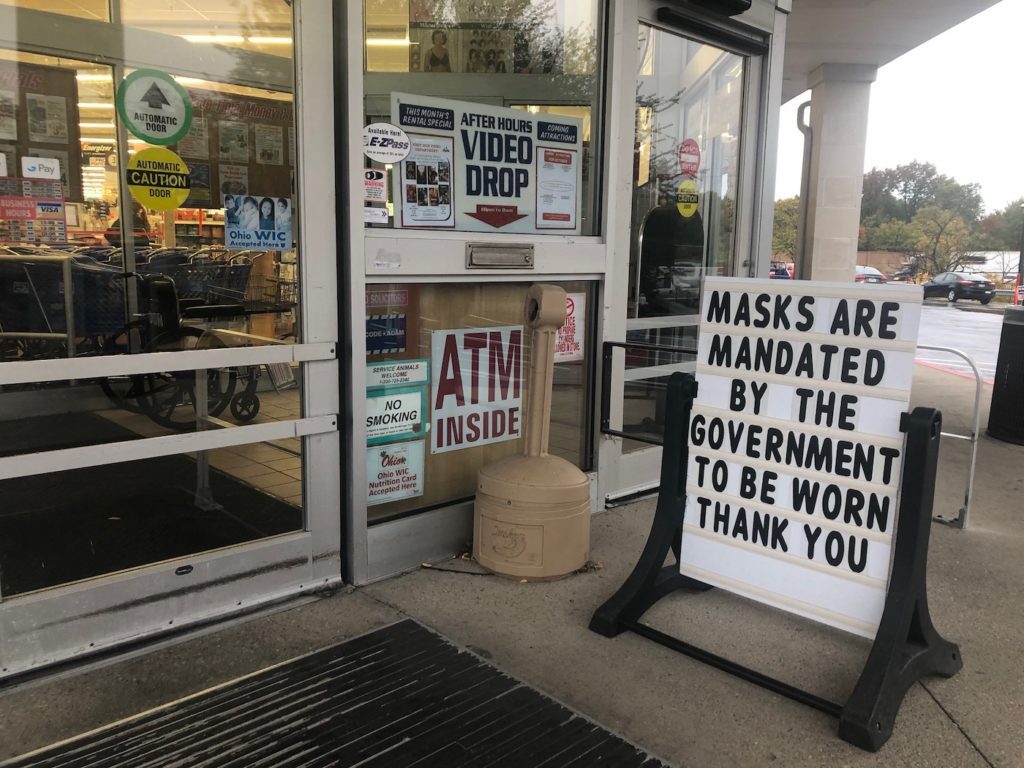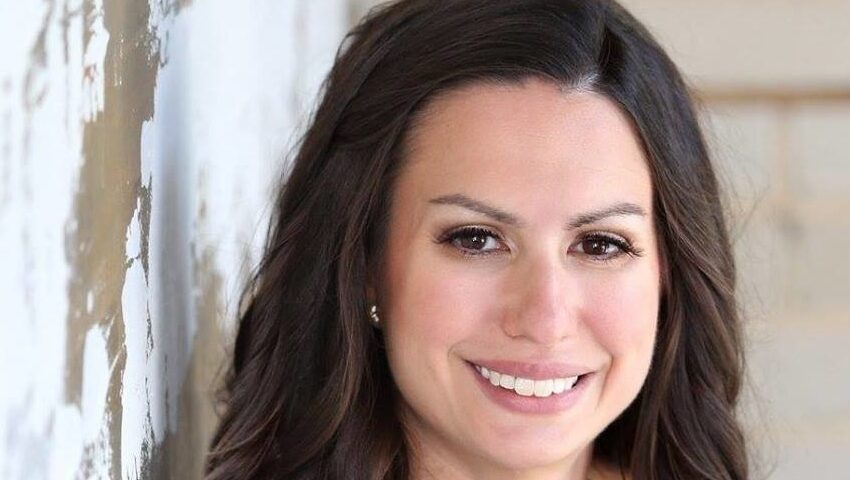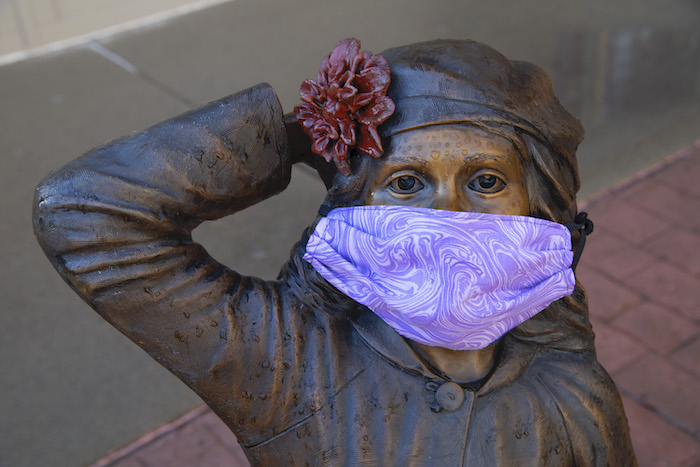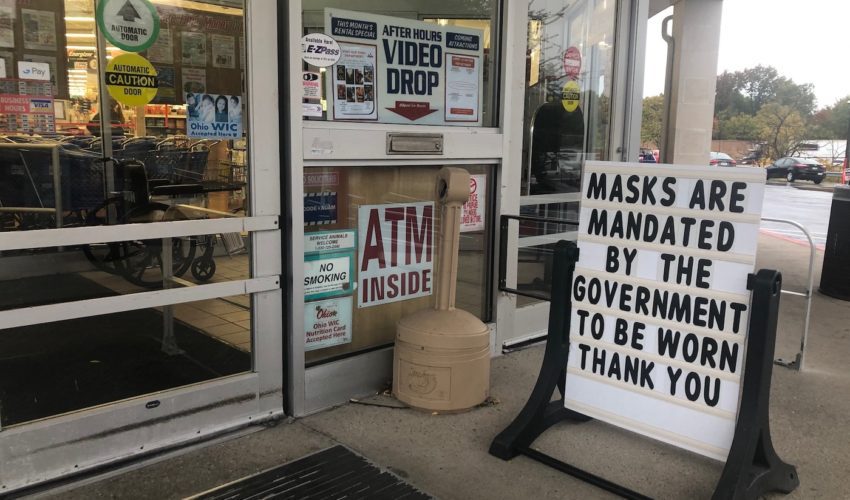Jodi’s Journal: COVID shame and culture change
Oct. 25, 2020
I might be the one who helps keep you “in the know” about business developments, but in other areas of life, I tend to feel like I’m often the last to know.
When I catch up with friends, they’re usually the ones to fill me in on whatever has happened with our mutual friends or acquaintances. And lately, those conversations have included something like, “You know, (so-and-so mutual acquaintance) had COVID, right?”
Well, no, I didn’t know. This in itself would not be that remarkable, except that some of these people are, well, rather prolific on social media. Even I, who is barely tuned in, generally manages to absorb most of what appears to be going on in their lives.
Key word “appears,” I guess. Because when I looked back, thinking maybe I’d just missed the news that they had become the latest victim of a global pandemic, there was nothing to be seen. Well, I thought, I’ve heard it can be miserable. Maybe they just went off the grid entirely. But no. There continued to be shares, posts, etc., throughout the individual’s COVID case. And then, sometimes, there would be a post once the person was out the other side of his or her illness, generally a pronouncement that the previously not mentioned quarantine period was over.
I dismissed it until something else started happening. I’ve now encountered multiple people who have not wanted to do stories that included the fact they’ve had COVID-19. And it kind of mystified me. So I started thinking: Is there such a thing as COVID shame? Are these people ashamed they contracted this virus? They clearly don’t want it known. And if so, why? Is there also such a thing as COVID shaming? And what could that mean to all of us as we try to navigate our way through this worsening pandemic?
So, of course, I started searching. And yes, it is a thing. Wow, is it a thing.
A recent Associated Press story pointed out how “the warp speed and reach of social media in the pandemic era gives the practice an aggressive new dimension. ‘It’s like someone just turned up the volume on stigmas that were already there,’ says University of Pennsylvania professor David Barnes, who has studied pandemics and stigmatization.
“People shame or stigmatize when they feel threatened by something,” the article continued. “They need an explanation, and they find a scapegoat. It helps them reaffirm their thinking and make sense of what’s happening. That’s an important notion during a pandemic, which can feel vague and invisible.
“‘There’s never been a society that hasn’t moralized disease, ever,’ Barnes says.”
So I turned to Avera Behavioral Health, where clinical program manager Amber Reints said the staff continues to see “many people whose mental health is being significant impacted by COVID” and that the virus is causing them to struggle with “intense emotions,” whether they get sick with it, are told they are a close contact or know others who have it.
“A lot of us are projecting a lot of emotions because there’s a lot of stress going on,” she said. “There’s fear. Will people blame me or shame me? That’s a concern from a mental health aspect.”
Plus, we now are at a point in the pandemic where people who get the virus already have dealt with months of stress, which now can lead to a point “where they’re struggling with genuine depression and anxiety because it’s not so much contracting the illness as the different stressors.”
Here’s the most important part of this message: If you feel your mental health is suffering, whether it’s during your illness, after it or just because of living through this, reach out for help. You can even have a virtual mental health visit while in quarantine to help you through the challenge of isolation and your illness. Call 211 or reach Avera Behavioral Health at 605-322-4065.
There’s nothing shameful about getting this virus. And there’s clearly no reason to shame anyone who contracts it. What’s most important is supporting one another through it, including making sure your close contacts know about your experience so they can adjust their own behavior, especially since our formal system for contact tracing appears to be overwhelmed.
The only thing that’s shameful about COVID-19, frankly, is how we as a state have seen our numbers continue to climb. I just came from spending a week in Ohio, where I was advised to quarantine for two weeks because I came from South Dakota and we have such concerning COVID numbers. I wasn’t even there two weeks. And I took a lot of precautions before leaving, but I still barely went anywhere trying to respect Ohio’s guidance. So that was kind of shameful.
When I did go anywhere, though, I saw the statewide masking mandate in effect. Guess what? The world kept on functioning. Businesses remained open, and people were in them. The fabric of the community was not torn apart by divisiveness over this issue. I’m sure no one liked it – I didn’t like having to do it – but I like that they’re trying whatever they can to minimize the spread of this virus while keeping their communities as open as possible.
I also got the feeling the mask mandate gave businesses, churches and event organizers cover from backlash — hence signs like this I spotted at many places.
I’m quite sure unless conditions take a dire turn, we are not going to see many, if any, additional mitigation measures legislated here, however.
I also don’t think we’ll see anything legislatively to force businesses to adjust their operations. What I do think could close businesses or schools, though, is if too many employees get sick. What I do think could hurt business activity is if consumers become too sick or scared by the climbing cases to venture out.
So can’t we all agree it’s worth seeing if we can improve these numbers?
If you agree with me that our COVID situation is trending in the wrong direction, consider this: Make at least one behavior change yourself this week that could help slow the spread.
If you believe masks should be mandated in public, act like they are. Wear one any time you are in public.
If you don’t believe masks should be mandated, then identify at least one other way you individually can adjust your behavior to reduce being exposed or exposing others.
Maybe your behavior change is going to one less gathering where you know there will be a bunch of people in close proximity to one another.
Maybe it’s wearing a mask one time to a place where you aren’t required to wear it but where you know you’ll be near people.
Maybe if you’re in a leadership role, it’s figuring out how to recast an event so there’s less likelihood of exposure. Or making an adjustment in the workplace to limit interaction.
All those little things add up, they get noticed, and collectively, maybe, they can create culture change.
“The piece I continue to challenge is that shame is not an effective method to motivate behavior or make change,” Avera’s Reints told me. “If we want to help someone understand our perspective, it’s talking with them about education and our own experiences. Shame is a fight-or-flight response of agitation or aggression, and now we have conflict. Shaming them is likely not going to result in behavior change.”
For me, the biggest reminder to take this virus seriously has come from people I know who have shared their personal experiences with me. I think if we have any hope of turning this around without government intervention, it’s going to come down to individuals with the power to influence other individuals and without any agenda other than the common good.
I give former New Jersey Gov. Chris Christie a lot of credit for writing about his COVID-19 experience in The Wall Street Journal. You can read it here, but here’s a highlight:
“When you get this disease, it hits you how easy it is to prevent. We are asked to wear cloth over our mouth and nose, wash our hands and avoid crowds. These minor inconveniences can save your life, your neighbors and the economy,” he wrote.
“Seldom has so little been asked for so much benefit. Yet the message will be broadly heeded only if it is consistently and honestly delivered by the media, religious leaders, sports figures and public servants. Those in positions of authority have a duty to get the message out.”
That applies to those of us who lead in any number of ways in South Dakota too.
We’re better than what our numbers would indicate today. And we need to turn them around, or I fear there will be a multitude of prices to pay.








